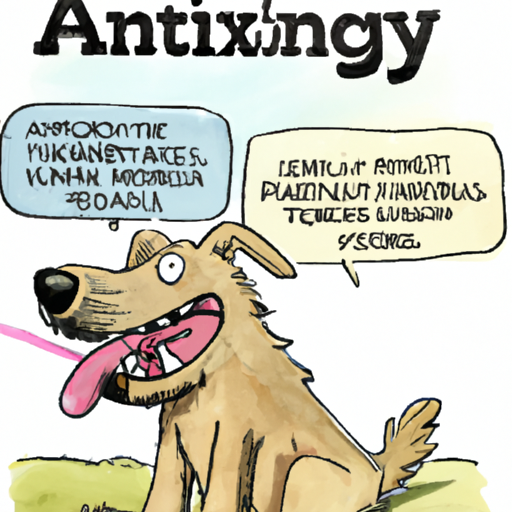As a caregiver, you’ll naturally want to understand every aspect of your furry friend’s behavior. One behavior that might puzzle or even concern you is when your dog bites. Read on to delve into the reasons behind this behavior and ways you can manage it.
H2: Understanding Your Dog’s Behavior
When your dog bites, it’s not because they are inherently aggressive or bad. Dogs use their mouths to explore their environment, much like how we use our hands. It’s how they interact with the world. But what causes this behavior to shift from playful mouthing to biting?
- Fear: Dogs may bite when they feel threatened or scared. This is their way of saying, “Back off!”
- Pain or Illness: If a dog is feeling unwell or is in pain, they might bite to express their discomfort.
- Protectiveness: Dogs are naturally protective of their loved ones. If they perceive a threat to their pack (you and your family), they might bite.
- Overexcitement: Sometimes, during play, dogs can get overexcited and bite.
H2: Signs Your Dog Might Bite
Learning to recognize the signs that your dog might bite can help prevent the situation from escalating. Here are some common warning signs:
- Growling or snarling
- Showing teeth
- A stiff tail
- Intense stare
- Raised fur
| Signs | What It Means |
|---|---|
| Growling or Snarling | Your dog is uncomfortable |
| Showing Teeth | Your dog feels threatened |
| Stiff Tail | Your dog is alert and possibly scared |
| Intense Stare | Your dog is focusing on a perceived threat |
| Raised Fur | Your dog is agitated |
H2: How to Prevent Biting
There are several ways to discourage your dog from biting:
- Socialization: Expose your dog to various situations, people, and other animals to help them learn proper behavior.
- Training: Teach your dog basic commands like “leave it” or “drop it.”
- Avoidance: If your dog is scared of certain situations, try to avoid those triggers.
- Consult a Professional: If the biting persists, consider consulting a professional dog trainer or a behaviorist.
H2: Responding to Your Dog’s Biting
If your dog does bite, it’s essential to respond appropriately:
- Stay Calm: Dogs can sense tension, and staying calm can help deescalate the situation.
- Don’t Punish: Physical punishment can make the situation worse. Instead, use positive reinforcement techniques.
- Consult a Vet: If the biting is due to pain or illness, a vet can provide appropriate treatment.
H2: Frequently Asked Questions (FAQs)
Q: Why does my dog bite me when we play?
A: This could be due to overexcitement. Teach your dog a “calm down” command when play becomes too rough.
Q: How can I tell if my dog will bite?
A: Look for warning signs like growling, showing teeth, a stiff tail, an intense stare, or raised fur.
Q: What should I do if my dog bites someone?
A: Seek medical attention for the person bitten. Consult a professional dog trainer to address your dog’s behavior.
Remember, understanding and addressing your dog’s biting behavior is crucial for their well-being and for the safety of those around them. As a loving caregiver, these insights will help you guide your dog towards healthier behavior.



